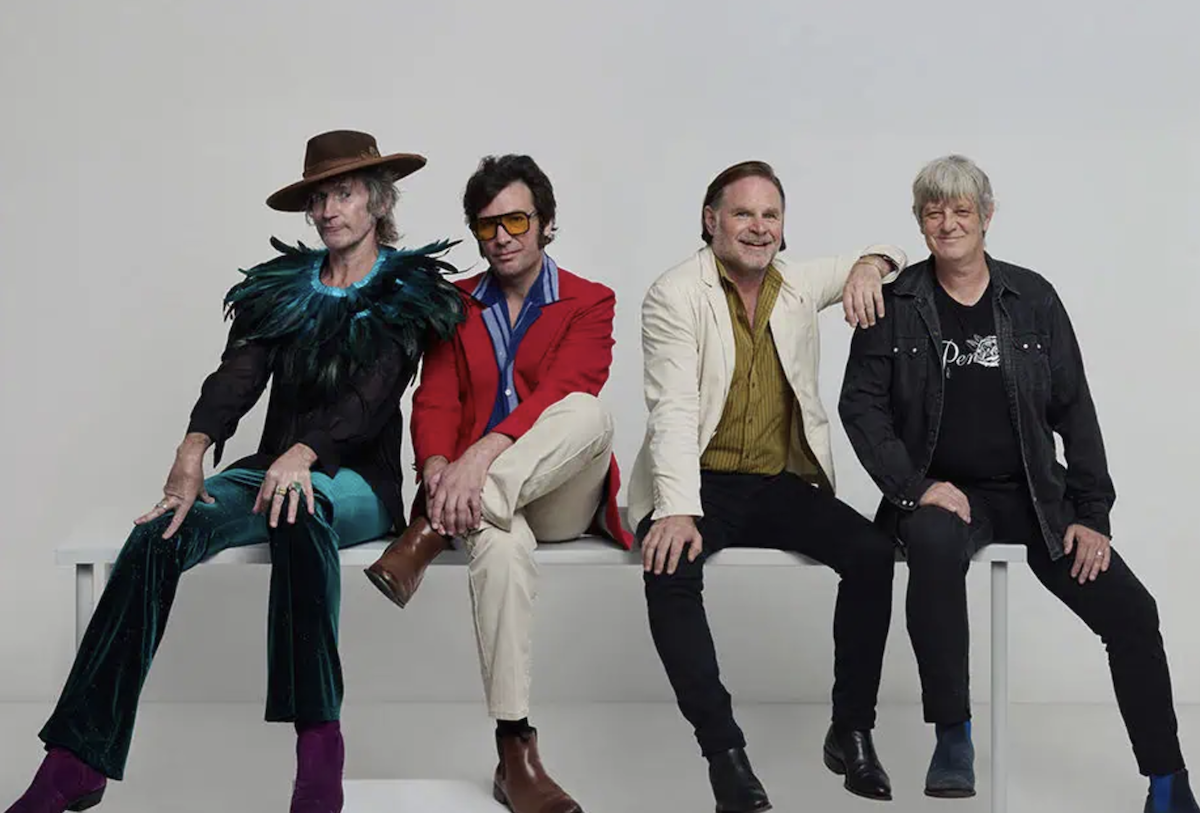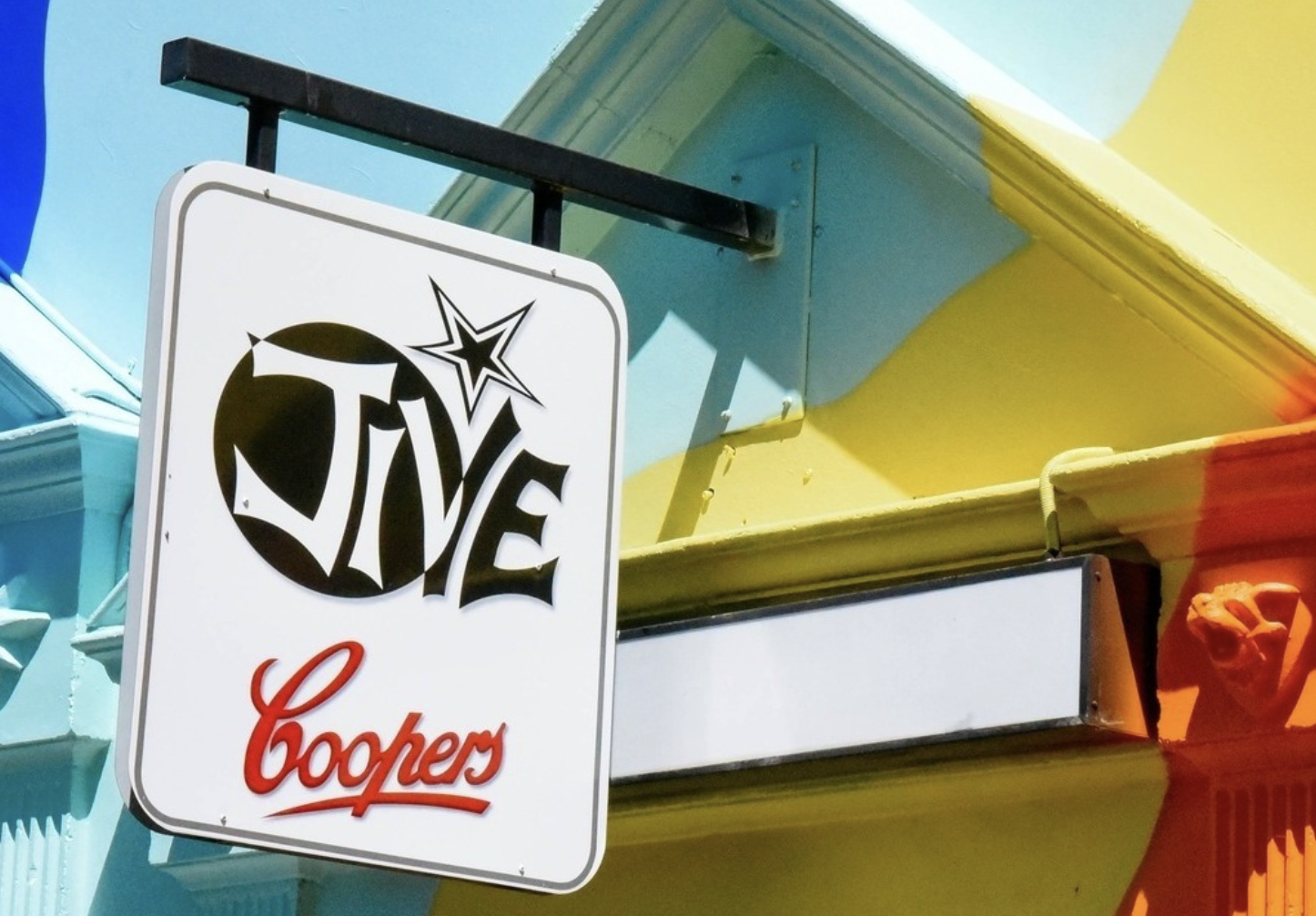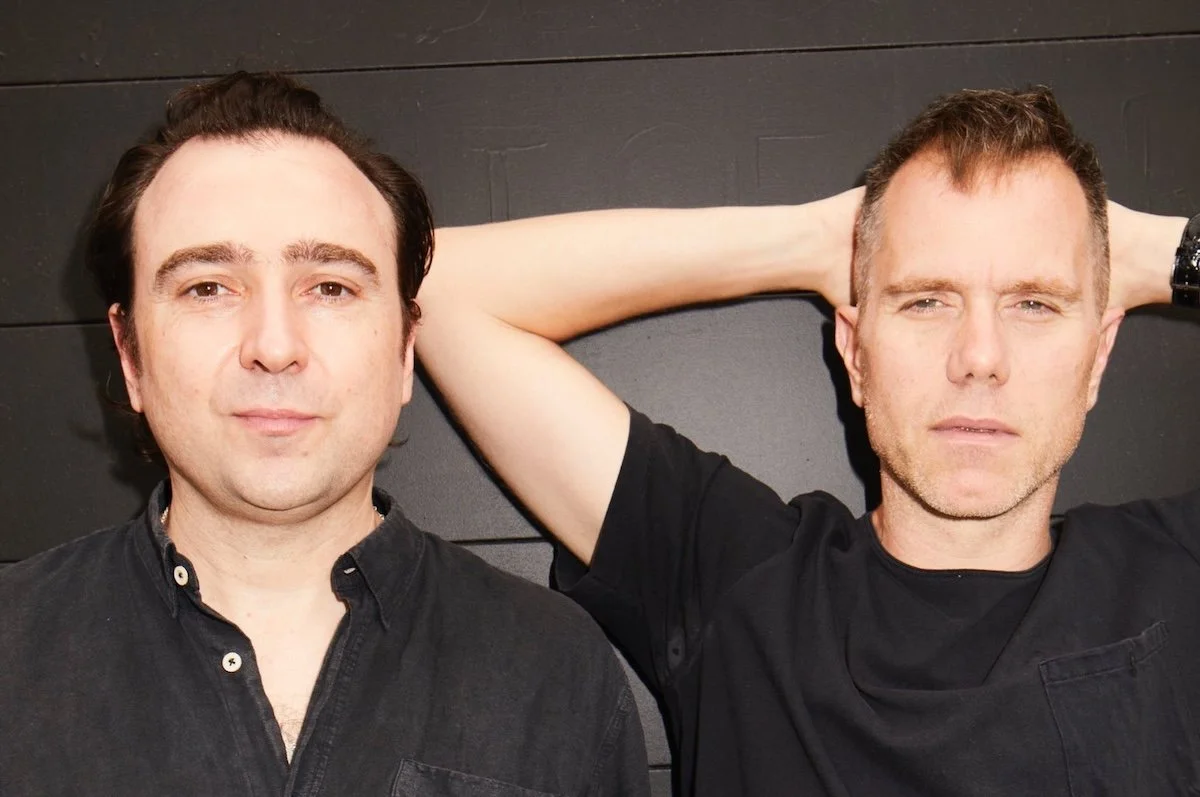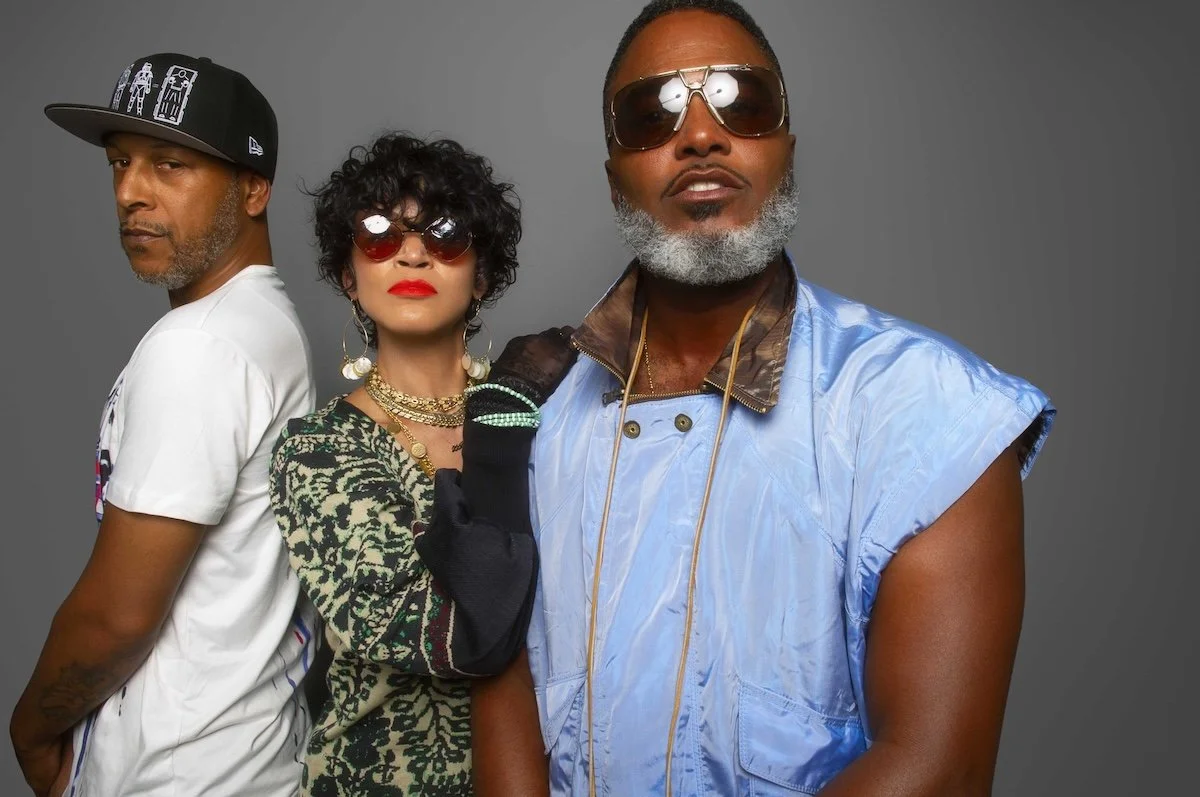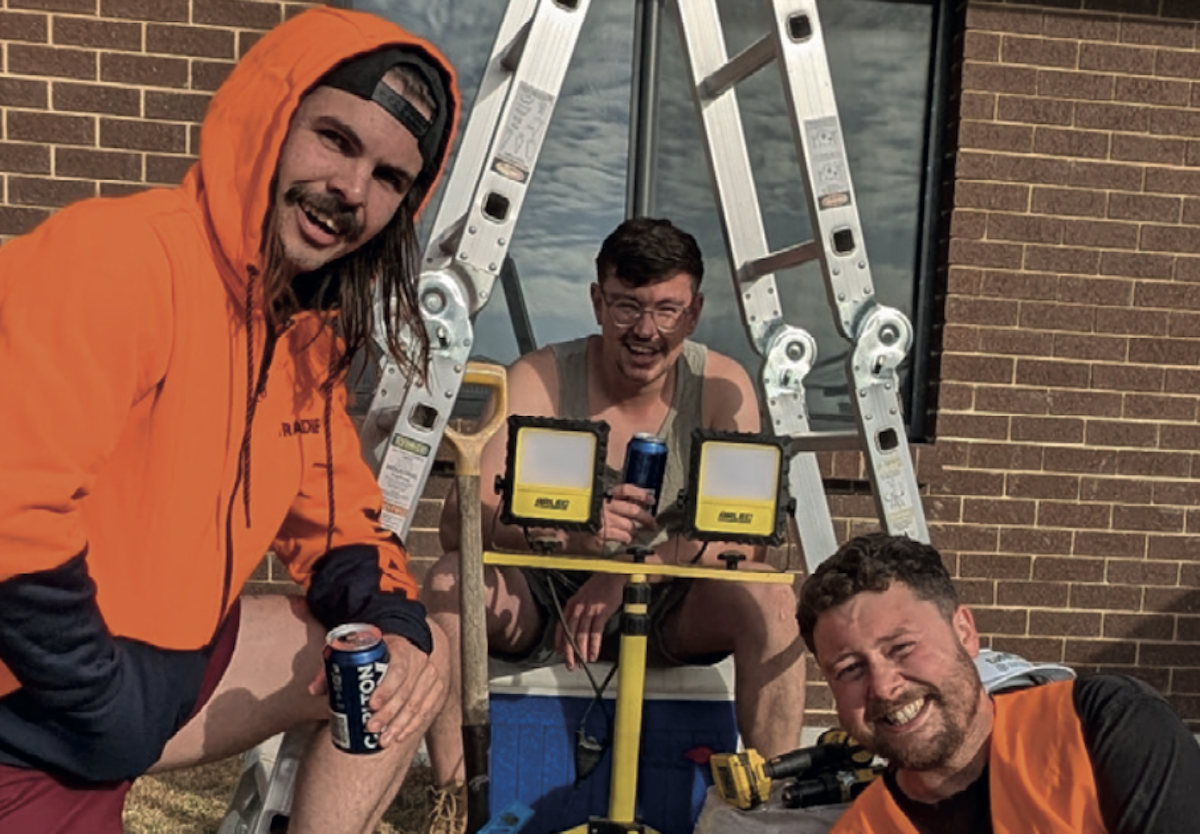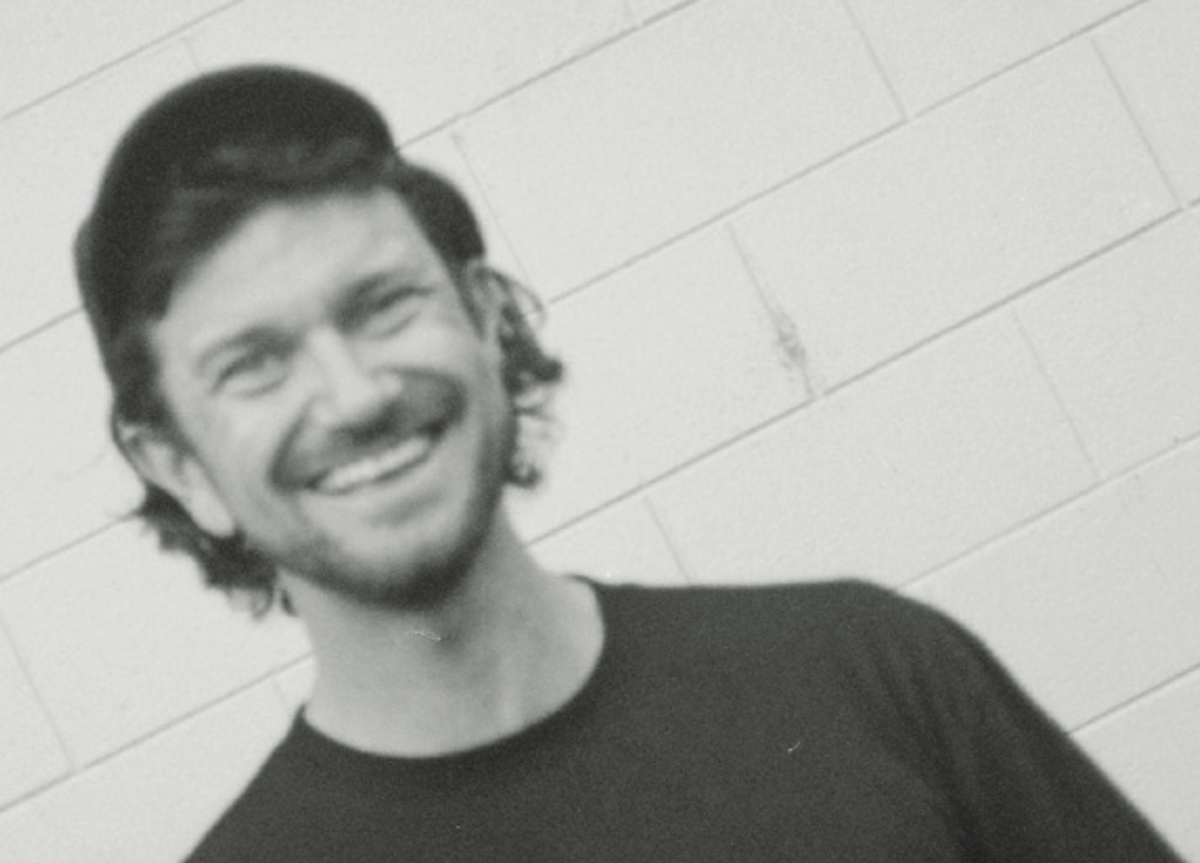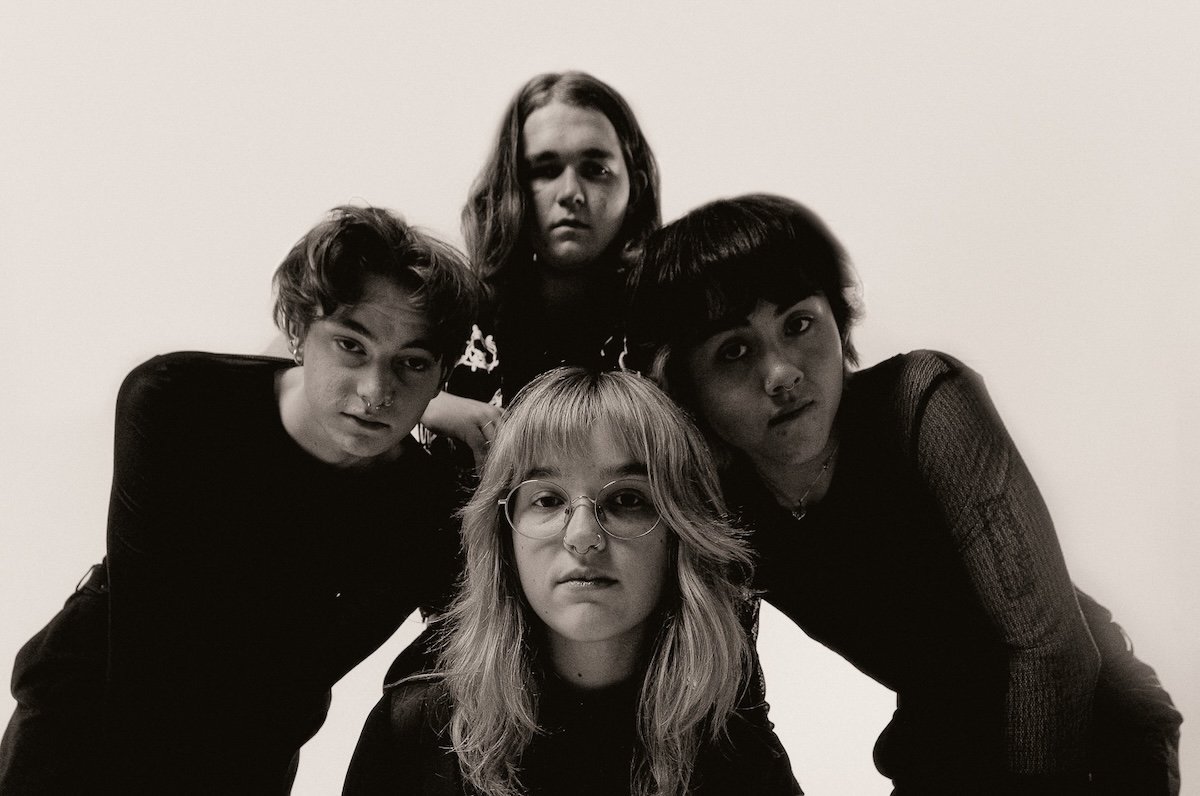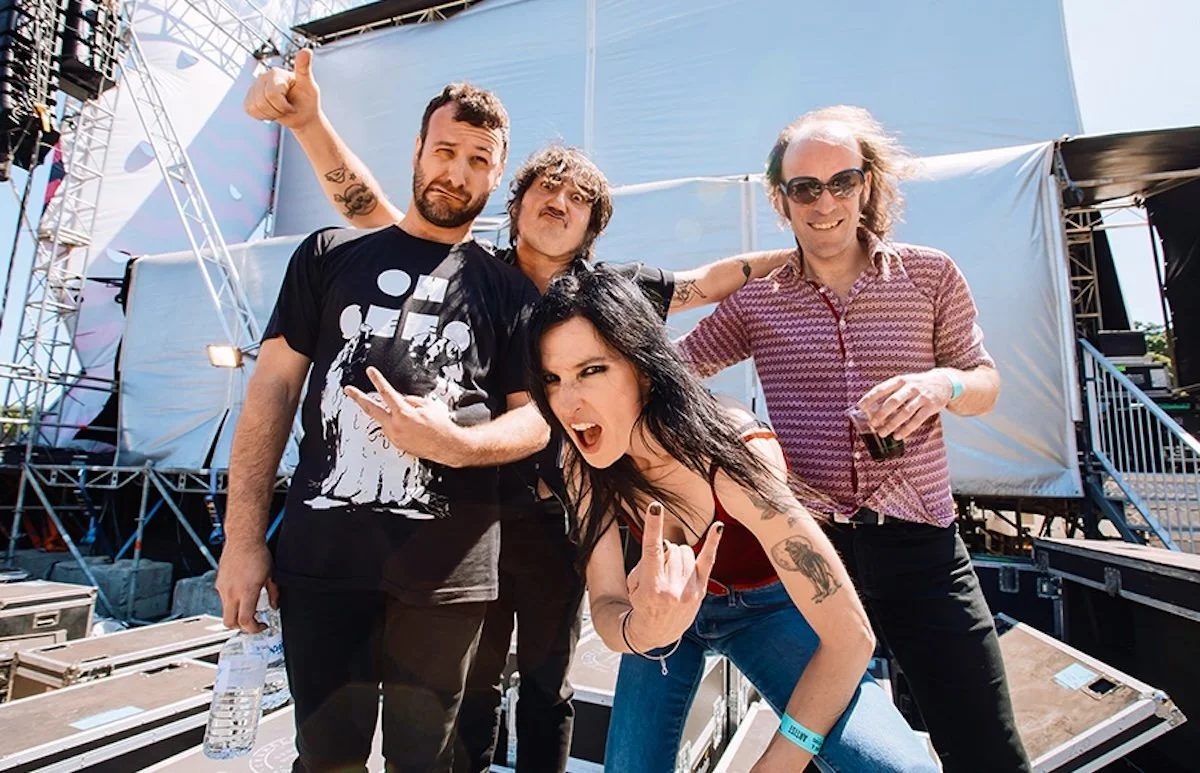Adelaide UNESCO City of Music
Adelaide is a city with music as its heartbeat. The cultural pulse has long been strong here, with the largest arts festival in the southern hemisphere and iconic institutions on every corner. With pandemic closures behind us, Adelaide has returned with a roaring appetite for live music. Designated Australia’s only UNESCO City of Music in 2015, today we’re home to countless independent musicians, music organisations and institutions, and a diverse music scene that’s growing by the day.
Image by Samuel Graves
Joe Hay, General Manager of Adelaide City of Music Ltd (ACOM), the organisation responsible for managing Adelaide’s UNESCO City of Music designation, is at the forefront of championing Adelaide’s musical spirit and opportunities to grow it.
Having just spoken at the Music Cities Convention in Tulsa, Oklahoma, where Adelaide was nominated for two awards (Best Global Music City and Best Late-Night Economy Initiative), Joe and ACOM are working to promote and connect a rejuvenated music scene with stronger foundations for artists to springboard.
Backed by Labor’s $10 million investment to live music, the future of contemporary music in SA is looking bright. “The number of venues where live music is played in the City of Adelaide has increased since before COVID, locally grown and touring music festivals are returning, and the heart of the State’s major arts festivals remain weighted with music, which forms a solid base,” he says.
“The role we play [at ACOM] is to celebrate that broader music city picture and to create opportunities through collaborations with other UNESCO music cities and organisations around the world.”
Since COVID temporarily halted the entertainment scene, Adelaide has reopened again with a “huge appetite for music.” But the support to nurture South Australian artists has been decades in the making.
“There’s been a lot of work in the last 10 years to support the development of the music sector itself. Musicians and music professionals have been encouraged and supported to run events, start businesses, establish festivals, and develop local music infrastructure,” he explains. “The ongoing support from agencies like the Music Development
Office, MusicSA, ArtsSA, City of Adelaide and prioritisation from the State Government has been instrumental.”
“There’s always more to be done to develop and reach audiences, but the networks and support mechanisms in South Australia are really broad in terms of developing pathways for artists and connecting people. I’m really excited by that.”
A unique selling point of South Australia is its diversity of events. From large-scale festivals to smaller events in rural areas pushing the envelope, world renowned orchestras and other music institutions large and small, celebrations of genre or specific cultures, innovative collaborations and cross media experiences, the spectrum of “giving people permission to see music again” is broad.
“The Adelaide Guitar Festival saw more than 2,000 people attend one of its events in Wallaroo this year, and that was part of a process of engagement in regional SA to work with local artists, venues and the communities to build those audiences. Umbrella Festival is another great example, showcasing what is happening and giving people permission to see music again. Then there’s events like Slingshot, which featured 27 new artists that had only recently played their first gig. The quality level at that was really high. The exciting thing to be looking for in the next few years is the strength and diversity that’s coming out of the Adelaide music scene.”
Much of South Australia’s live music variation stems from a wide set of infrastructure that supports music. As Joe explains, ACOM and other agencies will continue to foster this to ensure Adelaide punters can enjoy an ever- increasing choice of activity.
“South Australia really does enjoy a diverse set of initiatives that supports music and musicians. The work that Northern
Sounds does in the Northern Suburbs; the work that Onkaparinga council is doing down south;– in the west through Port Adelaide and the work Charles Sturt is doing with the Woodville Town Hall. There’s a lot of activity across the board – people are beginning to see that music can be enjoyed across the greater city of Adelaide and the state.
The SA Music Awards is further proof of the state’s strength and diversity and is an important celebration of the talent and hard work being done by SA’s music industry. A standout performance and true symbol of the power of music and community was seen from the guys from Dem Mob from the APY lands – who performed at the awards and who were inspired through music to complete their SACE and develop a ground-breaking and exciting new musical expression.
At the end of the day it’s about entertaining and engaging people and enabling the states abundance of talent to reach their full potential. With all of this happening you’ll see an increase in choice and activity.”
“I want to be able to capture and promote the diverse choices of music available in SA, no matter what you’re interested in. As a whole, Adelaide is a true music city and we’re constantly producing people at an international level. It’s great to see us back out there in the world working, and being seen.”
With Mad March around the corner to welcome in a slate of major touring artists, the 2023 calendar is already looking jampacked with live music events. Alongside
that, ACOM is working to realise new opportunities and collaborations across the UNESCO network of cities for all facets of the music industry – from artists and organisation collaborations, to Equity to Access, First Nations, and music technology programs.
Joe lists off just a few of the things in motion.
“Earlier in the year an UNESCO Equity to Access collaboration with MusicSA was nominated for an UNESCO award at its annual conference. With the next iteration in development, the Equalizer program will look to expand to include more countries. We’re also working on our successful First Nations collaboration with Auckland and SA’s Balya Productions. We’re engaging the state to develop a map of South Australian international activity and opportunities and continuing to explore important issues effecting music globally including technology, health, education, and music infrastructure with other UNESCO Cities of Music; we are also looking to reestablish the UNESCO Creative Cities Asia Pacific Conference series we initiated in 2019 and that was unfortunately put on hold due to COVID...’
Certainly no shortage, then!
“No, there is a lot!” he laughs. “At [ACOM], we do get to look across the entire South Australian music ecosystem and it is very exciting from where we sit. Adelaide’s reputation is growing internationally and we’re looking forward to continuing to lift and promote and facilitate more opportunities in 2023.”
Learn more about Adelaide City of Music by visiting adelaidecityofmusic.com.au.




